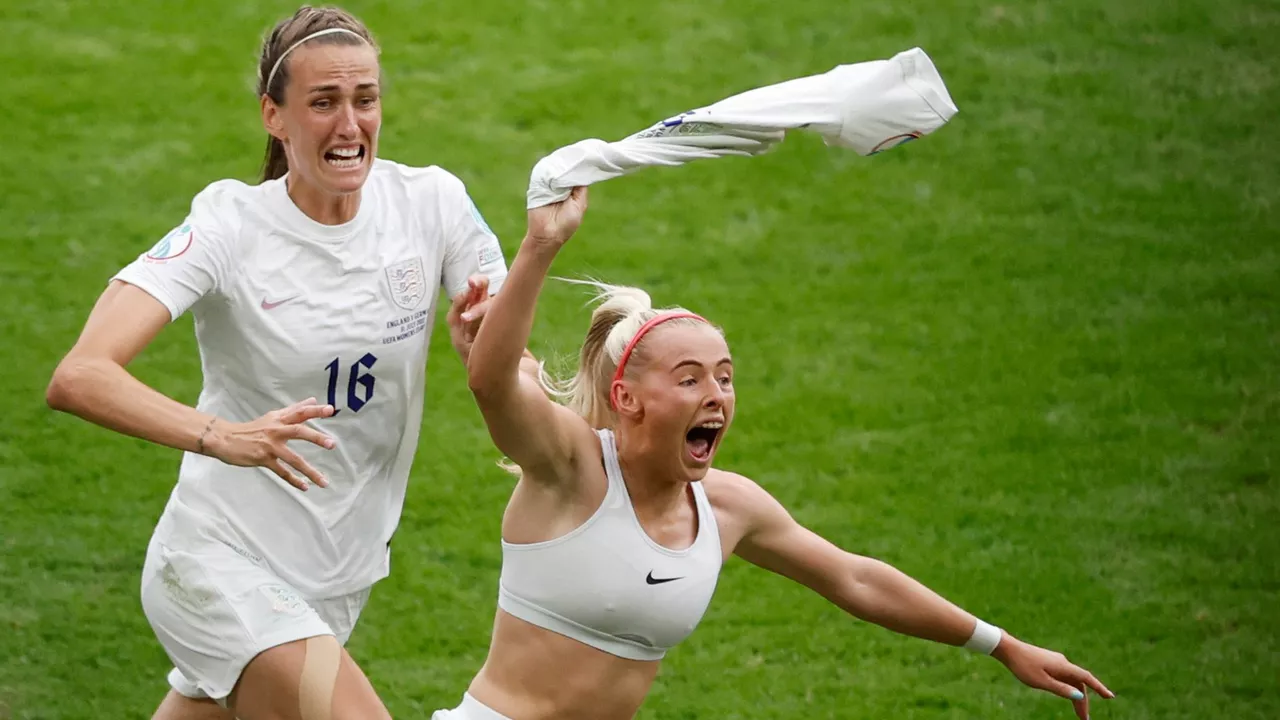Sports & Gender Equality: Women Making Their Mark in Football and Futsal
Ever wondered why we still hear the word "could" when talking about women in professional football? The answer isn’t about ability – it’s about opportunity. Across the UK, girls are kicking balls in parks, schools, and futsal courts, and they’re getting better every day.
At its core, gender equality in sport means giving the same chances, resources, and respect to anyone who wants to play. It’s not a lofty slogan; it’s about equal access to coaching, safe facilities, and a clear pathway from the local pitch to the national stage. When those pieces click, talent thrives regardless of gender.
Why Gender Equality Matters in Sports
Equal sport isn’t just a feel‑good idea. Research shows mixed‑gender teams boost creativity, bring new tactics, and attract wider audiences. Fans want to see diverse role models, and sponsors are starting to notice the value of backing women’s leagues. In short, more equality equals more excitement and revenue for everyone.
On the grassroots level, clubs that welcome both boys and girls see higher membership retention. Kids who train together learn respect early, and that culture carries into adult leagues. Community centres that offer futsal sessions for all genders report fuller courts, louder cheers, and stronger local support.
Women Breaking Into the English League
One hot question on our forum right now is: could a woman play football for a team in the English League? The short answer? Absolutely. The real question is when we’ll see it happen on a regular basis. Women already excel in the Women’s Super League, and many have the technical skill to compete in the men’s game.
Challenges remain, though. Clubs need to adapt training schedules, scouting networks must widen their search, and fans need to shift away from old stereotypes. That’s why visibility matters – every time a female player scores a goal in a televised match, it chips away at the doubt.
In practice, a few clubs are already trialing mixed‑gender squads in lower divisions. Those pilots provide data on injury rates, performance metrics, and locker‑room dynamics. So far, the numbers are promising, showing no significant health drawbacks and a boost in team chemistry.
If you’re a young player dreaming of the English League, start with the basics: work on ball control, fitness, and tactical awareness. Seek out a coach who values skill over gender, and don’t be afraid to ask for a trial with a higher‑level side. Persistence pays off – many of today’s stars spent years in local futsal leagues before getting noticed.
Fans can help too. Show up to women's matches, share highlights on social media, and call out clubs that ignore female talent. The louder the demand, the faster clubs will invest in scouting and development programs for women.
At Halton Street Soccer & Futsal we’re proud to showcase stories like these. Our community runs mixed futsal tournaments, hosts skill clinics, and celebrates every goal, no matter who scores it. When you see a girl dribble past three opponents, you know the future of the English League is already on the pitch.
Bottom line: gender equality in sport isn’t a future goal – it’s happening right now. By supporting mixed teams, sharing success stories, and pushing clubs to open doors, we all become part of a movement that lets anyone with talent chase the same dream. So, next time you hear someone ask "could" a woman play in the English League, answer confidently: she already can, and she’s just waiting for the chance.
